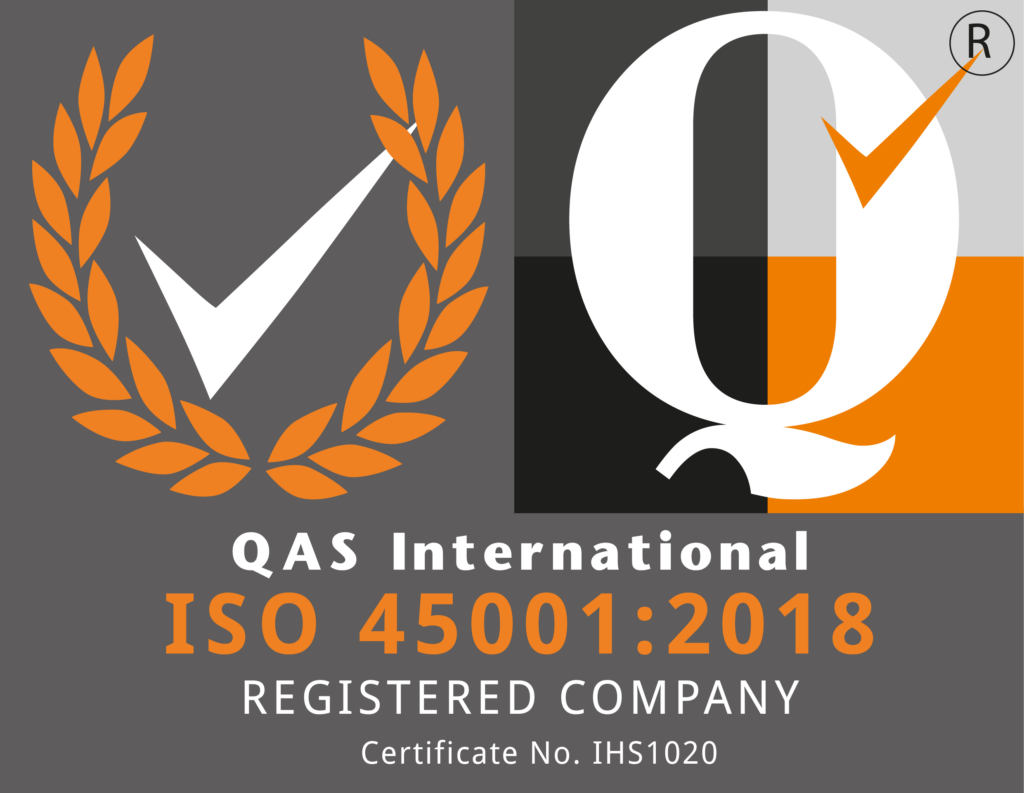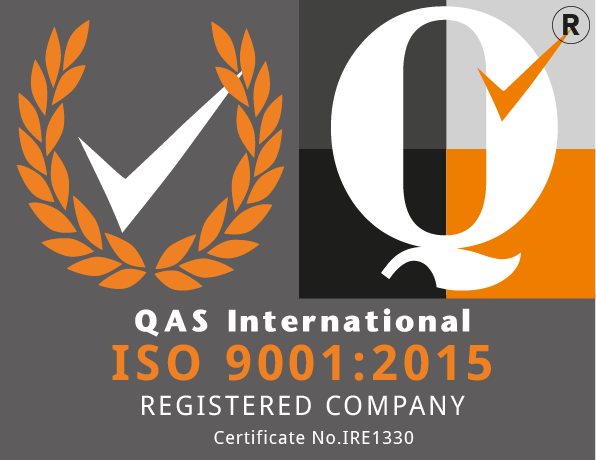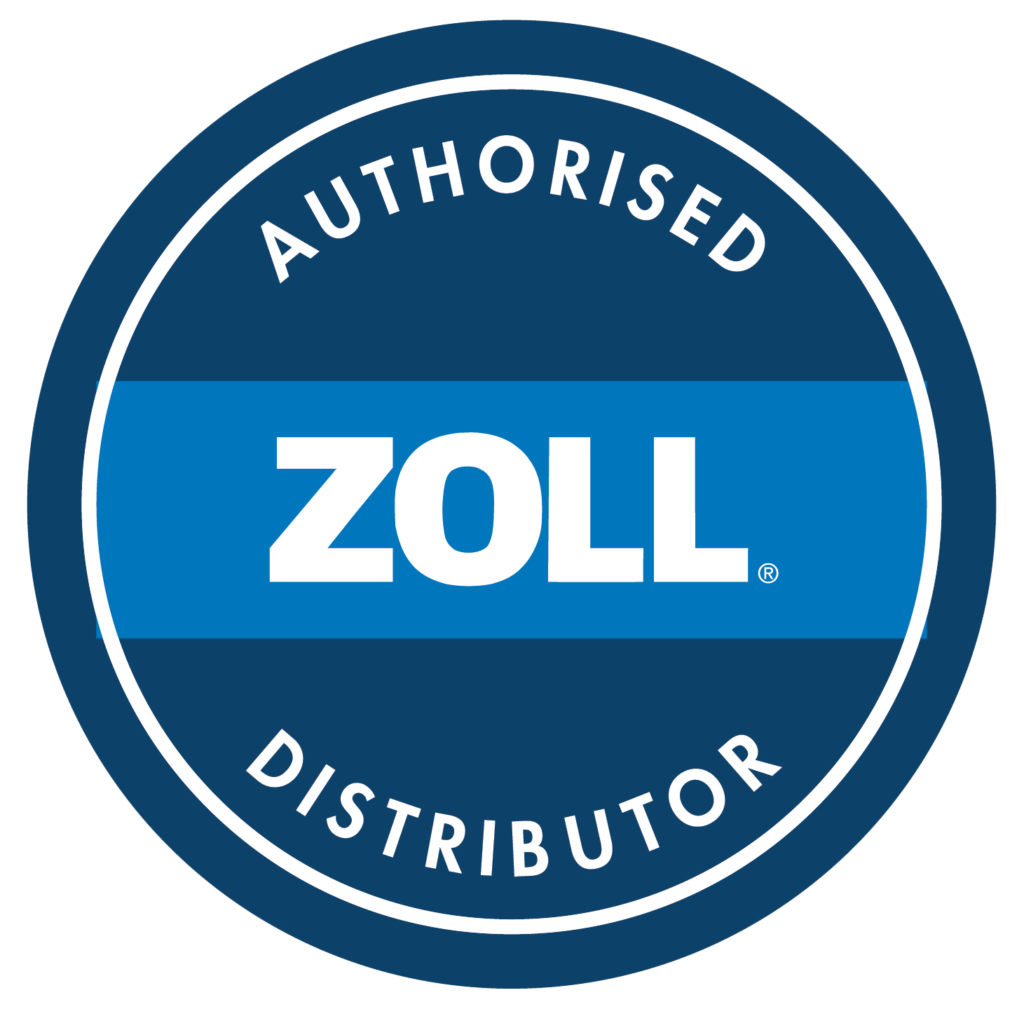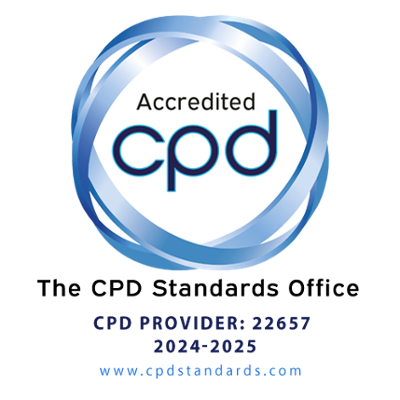Welcome to the Advanced Nursing Home Fire and Emergency Management System 2. Phoenix STS introduces the next fire safety and emergency preparedness level explicitly tailored for nursing homes: Nursing Home Fire and Emergency Management System 2. Building on the robust foundation of System 1, Nursing Home Fire and Emergency Management System 2 offers training programs designed to elevate your organisation’s fire safety protocols to new heights, ensuring the well-being of residents and staff alike.
Comprehensive Safety & Training Features
Nursing Home Fire and Emergency Management System 2 encompasses all the features of System 1, with the addition of comprehensive training options. These training programs offer a detailed approach to fire safety and emergency management, ensuring that your staff is well-equipped to handle any situation. Our expanded offerings also include training programmes that meet HIQA requirements, further enhancing the comprehensiveness of our system.
Nursing Home Fire Safety Management Training
The Nursing Home Fire Safety Management Training under the Nursing Home Fire and Emergency Management System 2 takes a holistic and comprehensive approach to addressing fire safety within nursing homes. This training is meticulously designed to cater to the unique environment of nursing homes, where the risk factors for fire hazards can be significantly different from other settings. Understanding that residents may have limited mobility, cognitive impairments, or other health issues, the training emphasises not just evacuation but prevention, early detection, and the management of fire emergencies with a high degree of sensitivity and care.
The training under Nursing Home Fire and Emergency Management System 2 is not just a generic course but a highly relevant and comprehensive program. It covers a wide range of topics, including the principles of fire behaviour, the importance of regular fire safety audits, the effective use of fire safety equipment, and specialised evacuation techniques. These techniques are designed to cater to the needs of all residents, including those with mobility challenges. The training also delves into legal responsibilities and the ethical considerations of fire safety in a care setting, ensuring that your staff understands how to act in an emergency and why these actions are crucial.
CPD Certificated Nursing Home Fire Safety Training
CPD Certificated Nursing Home Fire Safety Training is crucial in equipping staff with the knowledge and skills necessary to ensure the safety and well-being of residents in nursing homes and similar care settings. This type of training, accredited to contribute towards professional development, goes beyond mere compliance with fire safety regulations; it instils a proactive approach to identifying risks, implementing preventive measures, and effectively managing emergencies. Through a combination of theoretical knowledge and practical simulations, staff members learn to navigate the complexities of fire safety tailored to the unique needs of their care environment. The importance of such training is underscored by its alignment with statutory frameworks like the Health Act 2007, which set forth the standards for fire safety in healthcare settings.
Moreover, CPD Certificated Training in Fire Safety underscores the commitment of nursing homes to not only the physical safety of their residents but also to the professional growth of their staff. By staying abreast of the latest fire safety practices, care providers can ensure a level of preparedness that significantly mitigates the risk of fire-related incidents. The training encompasses a broad spectrum of fire safety measures, from preventive strategies and risk assessment to emergency response and evacuation procedures, ensuring that staff are well-prepared to act decisively and efficiently in a fire. This holistic approach to fire safety training enhances the resilience of care settings against fire hazards. It contributes to a safety culture and continuous improvement, benefiting residents and staff.
Access to CPD Certificated Online Training Courses
The availability of CPD Certificated Online Training Courses presents a significant advantage for staff in healthcare and residential care settings, particularly in fire safety education. These online courses are designed to offer a flexible learning environment that accommodates the varied schedules of employees, allowing them to enhance their fire safety knowledge without disrupting their essential duties. This method of delivering training ensures that all staff members, regardless of their shifts or responsibilities, have equal opportunities to update their skills and knowledge. The convenience of online access means that learning can occur at any time and from any location, providing a solution to the logistical challenges of organising in-person training sessions for large or dispersed teams.
Moreover, the breadth and depth of topics covered in these CPD Certificated Online Training Courses ensure that staff receive comprehensive training encompassing the latest fire safety regulations, risk assessment methodologies, and emergency response techniques. The courses are designed to be interactive and engaging, often incorporating real-life scenarios and simulations that enhance the learning experience and improve knowledge retention. This approach equips staff with the theoretical understanding of fire safety principles and the practical skills to effectively apply them in their work environment. As a result, the workforce becomes more competent and confident in managing fire safety, contributing to a safer and more secure environment for residents and staff. Through continuous learning and professional development, healthcare facilities can demonstrate their commitment to maintaining high standards of safety and care.
Compartment Fire Drills
Compartment Fire Drills are an essential aspect of fire safety training, particularly within environments like nursing homes, where the safety of residents is paramount. These drills are tailored to simulate fire scenarios in specific areas or compartments of a facility, thereby providing a realistic and focused approach to emergency response training. By concentrating on individual compartments, staff can better understand the unique challenges and protocols associated with containing and extinguishing fires in different areas, from resident living spaces to kitchens and storage rooms. This specialised drill form ensures that response strategies are general, nuanced, and adapted to various facility parts’ specific layouts and risks. The Nursing Home Fire and Emergency Management System 2 underscores the importance of such targeted training by emphasising the development of competencies directly applicable to the environments in which staff will operate during an emergency.
Through Compartment Fire Drills, staff gain hands-on experience with the tools, equipment, and procedures necessary to effectively manage a fire incident within a confined space, minimising the spread of fire and smoke and ensuring the safe evacuation of residents. These drills also serve as a platform for interdisciplinary collaboration, bringing together different teams within the nursing home to coordinate their efforts and improve communication during high-stress situations. These simulations’ realistic nature helps identify potential gaps in emergency plans. It provides valuable insights into how response strategies can be optimised for efficiency and safety. Ultimately, Compartment Fire Drills enhance the preparedness of nursing home staff, ensuring they are equipped with the knowledge and skills to protect residents and themselves in the event of a fire. This targeted approach to emergency training fosters a culture of safety and vigilance that is critical in healthcare settings, where the well-being of vulnerable populations is the top priority.
Evacuation Chair Staff Training & Instructor Training
Compartment Fire Drills are an essential aspect of fire safety training, particularly within environments like nursing homes, where the safety of residents is paramount. These drills are tailored to simulate fire scenarios in specific areas or compartments of a facility, thereby providing a realistic and focused approach to emergency response training. By concentrating on individual compartments, staff can better understand the unique challenges and protocols associated with containing and extinguishing fires in different areas, from resident living spaces to kitchens and storage rooms. This specialised drill form ensures that response strategies are general, nuanced, and adapted to various facility parts’ specific layouts and risks. The Nursing Home Fire and Emergency Management System 2 underscores the importance of such targeted training by emphasising the development of competencies directly applicable to the environments in which staff will operate during an emergency.
Through Compartment Fire Drills, staff gain hands-on experience with the tools, equipment, and procedures necessary to effectively manage a fire incident within a confined space, minimising the spread of fire and smoke and ensuring the safe evacuation of residents. These drills also serve as a platform for interdisciplinary collaboration, bringing together different teams within the nursing home to coordinate their efforts and improve communication during high-stress situations. These simulations’ realistic nature helps identify potential gaps in emergency plans. It provides valuable insights into how response strategies can be optimised for efficiency and safety. Ultimately, Compartment Fire Drills enhance the preparedness of nursing home staff, ensuring they are equipped with the knowledge and skills to protect residents and themselves in the event of a fire. This targeted approach to emergency training fosters a culture of safety and vigilance that is critical in healthcare settings, where the well-being of vulnerable populations is the top priority.
Other Training Services
Other Training Services offered within healthcare and residential care settings encompass a wide range of essential skills and knowledge areas crucial for maintaining safety and responding effectively to emergencies. Among these, Evacuation Chair Staff Training and Instructor Training programs are designed to ensure that all staff members are proficient in using evacuation chairs, a vital tool for assisting mobility-impaired individuals during an emergency evacuation. These training modules not only equip staff with operational skills but also prepare selected individuals to teach and oversee the correct use of these chairs, ensuring a culture of preparedness and safety is maintained across the facility. Similarly, Evacuation Equipment Staff and Instructor Training programs broaden this scope to include a variety of evacuation aids, ensuring a comprehensive understanding and capability in handling emergency evacuations under diverse scenarios.
Further enhancing the safety preparedness within these settings, HeartSaver AED Training and Basic Life Support (BLS) Training are critical components of emergency response training. These programs equip staff with the skills to perform lifesaving procedures, including CPR and automated external defibrillators (AEDs) until professional medical assistance arrives. Such training is invaluable in situations where immediate action can save lives, emphasising the importance of a timely and knowledgeable response to cardiac emergencies. Manual Handling Training and People Moving & Handling Training also focus on the safe and efficient movement of individuals and objects, reducing the risk of injury to staff and residents. These programs are essential for creating a safe working environment and ensuring residents’ well-being through applying proper techniques in daily care activities.
Beyond the physical aspects of safety, Phoenix STS training services also address the critical areas of Safety Awareness, Risk Assessment, and Safety Representatives Training. These programs are designed to cultivate a deep understanding of potential hazards within the care environment and the development of strategies to mitigate these risks. Safety Awareness Training empowers staff with the knowledge to proactively identify and respond to safety hazards, while Risk Assessment Training provides the tools to evaluate and manage risks effectively. Safety Representatives Training further supports establishing a safe working environment by training designated staff members to act as liaisons between their peers and management, ensuring that safety concerns are addressed promptly and efficiently. Together, these training services form a comprehensive safety and emergency preparedness framework, reflecting a holistic approach to protecting residents and staff in healthcare and residential care settings.
Why Choose Nursing Home Fire and Emergency Management System 2?
Choosing Nursing Home Fire and Emergency Management System 2 from Phoenix STS means meeting and exceeding regulatory requirements for fire safety and emergency preparedness. Our comprehensive approach ensures that every aspect of your nursing home’s safety protocols is addressed, from foundational training to advanced emergency response techniques. Nursing Home Fire and Emergency Management System 2 offers the peace of mind of knowing your facility is protected by today’s most thorough safety and training standards.










